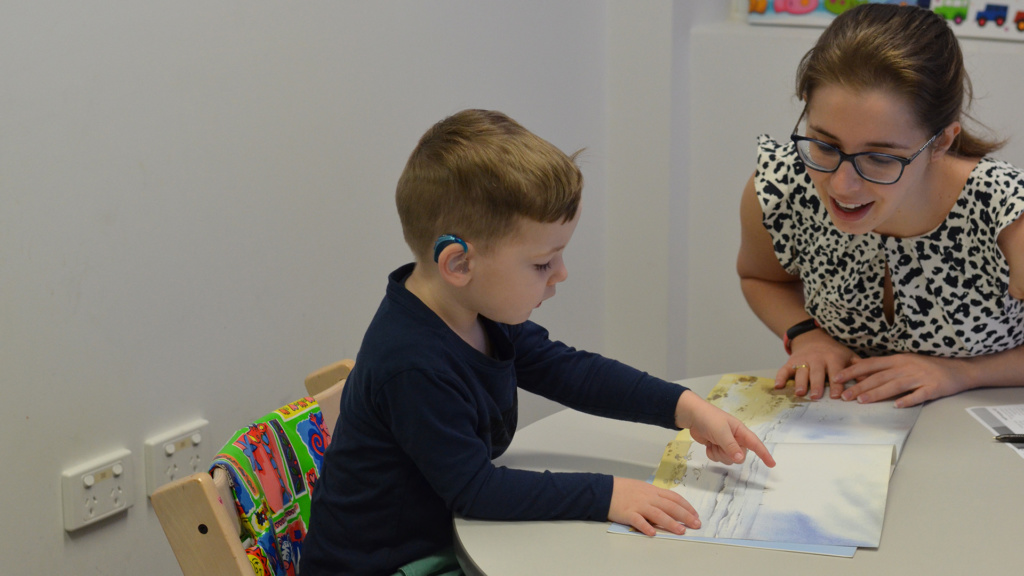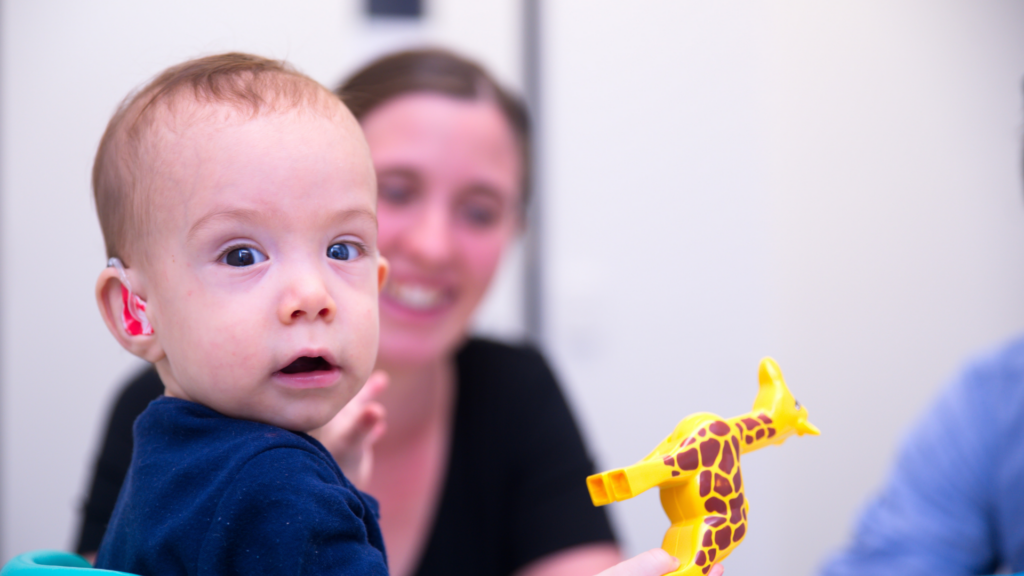Can Dummies Impact Speech Development
For years there has been a 'dummy debate' over whether parents should provide their child with a dummy for soothing purposes, with strong arguments for both sides, resulting in confusing advice over the benefits and risks of dummy use in the early years.

What is the Purpose of Dummy use?
Dummies can be incredibly useful for settling young babies, particularly when they are distressed or trying to go to sleep.
However, despite common use for encouraging strong sucking patterns, dummies can act as a barrier to breast feeding with the different shapes and firmer feel of a dummy confusing babies over how to effectively suck for feeding versus comfort.
After six to 12 months of age, a dummy’s specific usefulness declines when weighed against its risks of contributing to developmental challenges.
What are the Average Speech Development Milestones?
There is a typical pathway of speech development milestones that occur across a young child's journey towards using correct speech sounds when talking. At one year of age, babies start saying their first words. By two years, many children start combining words and can be understood around 50 per cent of the time by strangers. By four years, children are using full sentences, and their speech clarity has significantly improved such that, although they still often have some slight sound errors, strangers can understand their overall speech 100 per cent of the time.
In their speech, children use predictable patterns of errors (known as phonological processes) that make sounds easier to say while they are learning to say them correctly. For example, many parents will have heard their young child say "wing" instead of "ring" or "nana" for "banana". These speech sound error patterns gradually decrease over time, with most eliminated around five years, up until around seven years when a child should have no errors left.
Delays in reaching these milestones might indicate a speech sound disorder or phonological impairment in which a child needs intervention from a speech pathologist to help them learn how to say certain sounds correctly.
What are Common Signs Your Child's Speech Development Could be Falling Behind?
Signs of speech problems, common speech disorders or delayed speech development include difficulty producing speech sounds correctly, learning new sounds, being understood by others, needing a familiar person to translate for them, and anxiety about or unwillingness to talk.
Is There a Legitimate Concern About the Potential Impact of Dummies on Speech Development?
Like thumb sucking, prolonged use of dummies has consistently been shown to increase the risk of a child developing a speech sound disorder or phonological impairment.
Babies and young children are less likely to try to babble or talk when they have a dummy in their mouth, which decreases their practice in learning to use words to communicate and say words correctly.
Dummy and pacifier use can also present an increased risk of a child experiencing middle ear infections (known as otitis media) which can negatively impact their hearing. If a child cannot hear sounds correctly when listening to other people speak, they are unable to learn and imitate them in their speech.

How can Prolonged Dummy use Impact Speech Clarity?
Prolonged dummy use, beyond the developmental age when children naturally outgrow sucking behaviours, can often impact the clarity of children's speech articulation.
Not only can using a dummy delay a child from using sounds to communicate, but its physical presence in the mouth can also restrict the child's tongue from exploring the full range of movements required to make all the different speech sounds.
Over time, dummy use can lead to oral health problems as the constant pressure of the dummy in the mouth pushes the child's front teeth forward leading to an open bite where the front top and bottom teeth do not align properly.
This then affects the child's development of speech as they cannot coordinate the placement of their tongue and teeth to produce certain sounds. This is particularly noticeable for 's' sounds and 'th' sounds, where a gap in the front teeth causes the child's tongue to protrude between them, resulting in a 'th' sound, known as an interdental lisp.

What do Speech Experts Recommend?
Speech pathologists often advise balancing dummy use for comfort and soothing with the need for speech and language outcomes in the child’s early years. They encourage parents to be mindful of the duration and frequency of dummy sucking particularly after 12 months of age when children are starting to use words.
Parents should be careful of abruptly stopping dummy use as children may then develop a similar dependency on similar oral sucking behaviours such as thumb sucking or finger sucking. Instead, a gradual transition away from the child’s dummy habit is typically more effective where a dummy is provided only at specific limited periods, such as bedtime.
How to Take a Balanced Approach to Providing Comfort and Supporting Speech Development?
Adopting a balanced approach to dummy use involves ongoing consideration of how your child's speech and language development is progressing compared to the average milestones.
Encouraging other forms of comfort, such as a soft toy or blanket, can also help reduce dependency on dummies whilst still providing your child with an effective method of self-soothing. If you are finding your child wants to suck their dummy most of the time throughout the day, encouraging crunchy or chewy snacks can help provide alternative enjoyable sensory stimulation to their mouth.
Get Advice From a Qualified Speech Pathologist
If you are concerned about your child's speech or language skills, consulting with a speech pathologist is always an important first step. They can provide an assessment of any speech impairment and discuss potential contributing factors in your child's history, including dummy use. A speech pathologist can then work with you and your child to develop individualised therapy goals and strategies to address any speech disorder concerns.
Dummy use is common among many young children and has its benefits, particularly in the early months of life. Being mindful of how dummies can affect speech development is important. Parents can make more informed decisions, by understanding the significant associations between prolonged dummy use and speech problems.









